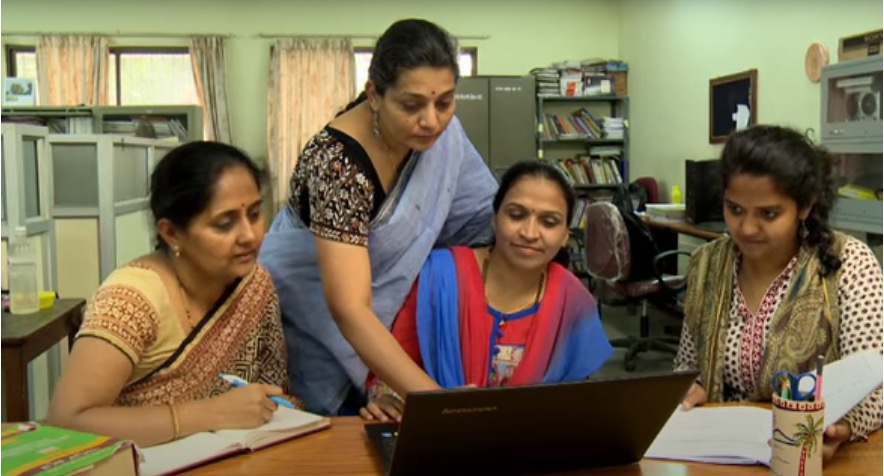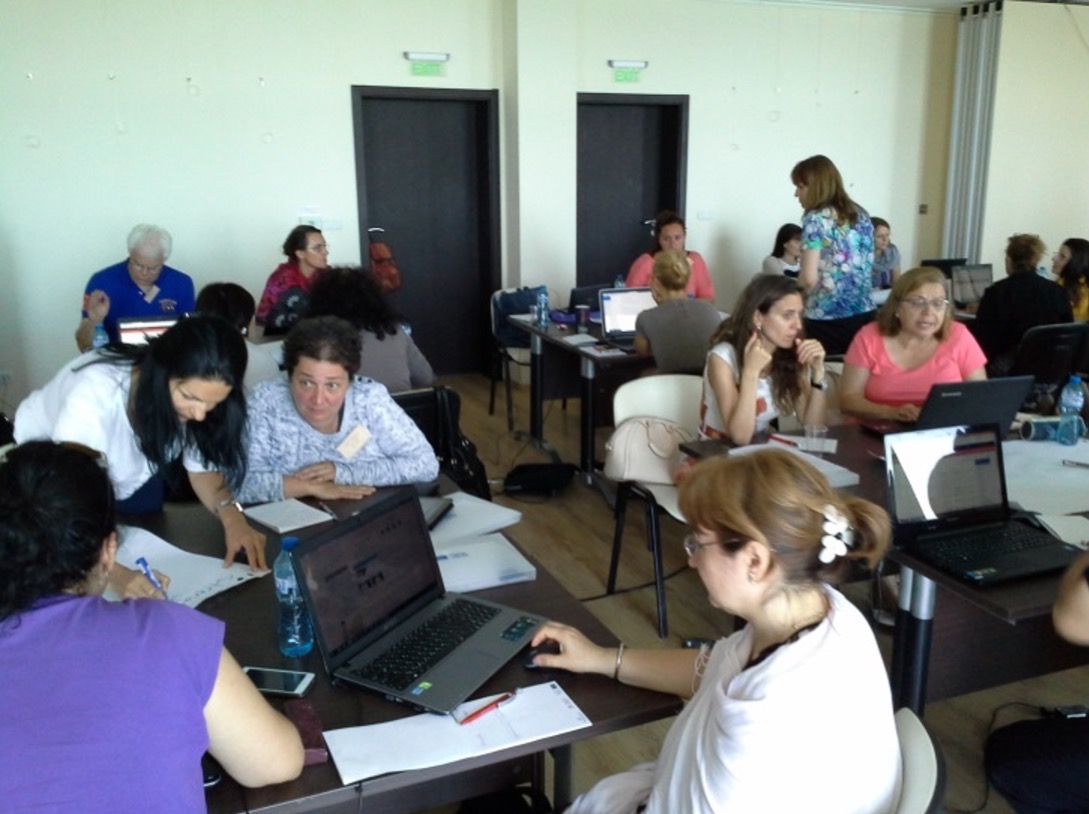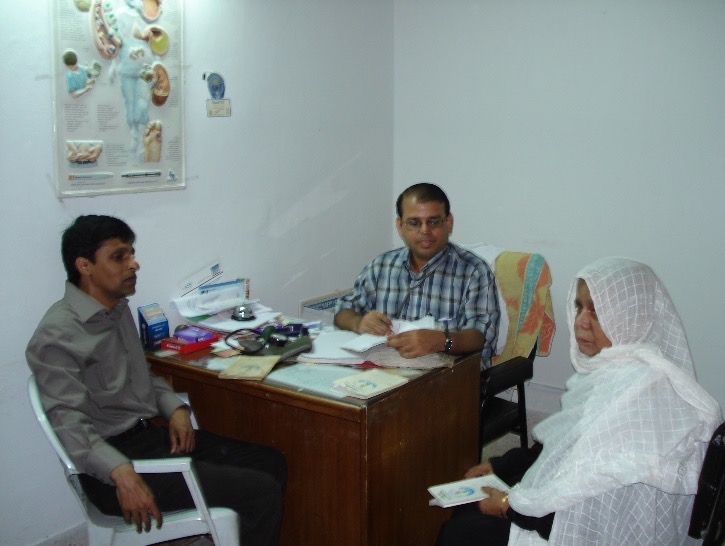Research Excellence Framework
We are actively engaged with the Research Excellence Framework (REF) system which is used to assess the quality of research in higher education institutions in the United Kingdom.
In the latest assessment, REF 2021, at institutional level 82% of research at The Open University was impact assessed to be ‘world-leading’ (4*) or ‘internationally excellent’ (3*).
Specifically in terms of research undertaken in our faculty, for REF 2021 we submitted 11 research case studies across three subject areas (referred to by REF as units of assessment), namely: Education, Allied Health Professions (Dentistry, Nursing and Pharmacy), and Social Policy and Social Work.
Key highlights from our faculty level performance in REF 2021:
- Our research in education was ranked 2nd place in the UK for Research Power.
- We are in the top third in the UK for our research in social policy and social work and 80% of this research is rated as 4* for research impact.
- 74% of our research publications in allied health were scored 3*/4*.
- Our research environment for the fields of social work and education were classed as world-leading or internationally excellent.
Our research impact case studies

Transforming professional teacher development in India
In India, there’s an ambition to improve both primary and secondary education, and recognition that developing teachers’ professional competency is essential to achieving that goal.

Supporting language teachers in Europe to teach online
Online language learning opens the door to new opportunities for people of all ages and backgrounds, whether they be career opportunities or the chance to achieve greater personal fulfilment through learning, driven simply by a love of language.

Transforming English Language Teaching across Bangladesh
OU researchers have harnessed the power of innovative technology-enabled teaching methods to transform English language education in Bangladesh, improve children’s life prospects and support the country’s economic development and sustainable growth.

Tackling the negative effects of digital food marketing to children
The marketing of unhealthy, highly processed foods influences what children and young people want and what they eat, and we know that this has global consequences for their long-term health and wellbeing.
Transforming Education through Open Practices
The Open University has always been about making education more accessible to all learners, and vital to the success of this is making teaching and learning materials that are freely available and easily adaptable.
.jpeg)
Developing effective Reading for Pleasure practices in primary schools
Read about how this ground-breaking research is fostering children's love of reading across the UK.

Signalong Indonesia: a new tool for inclusion
Research by The Open University has introduced keyword signing into classrooms in Indonesia, enabling children with special educational needs to participate successfully in lessons.
.png)
Destigmatising abortion
Destigmatising abortion with practitioners and legislators, through education and public engagement, for women who have had an abortion and people in wider society.

Optimising clinical encounters with people with diabetes: using appropriate language to support emotional wellbeing.
People with diabetes can feel stigmatised if the doctors and nurses they talk to use judgemental language about their condition. It can even cause a breakdown in trust and communication between professional and patient that may prevent those with diabetes from getting the help they need.
Research enquiries
For research enquiries email:
[email protected]
For student and degree enquiries email:
[email protected]
